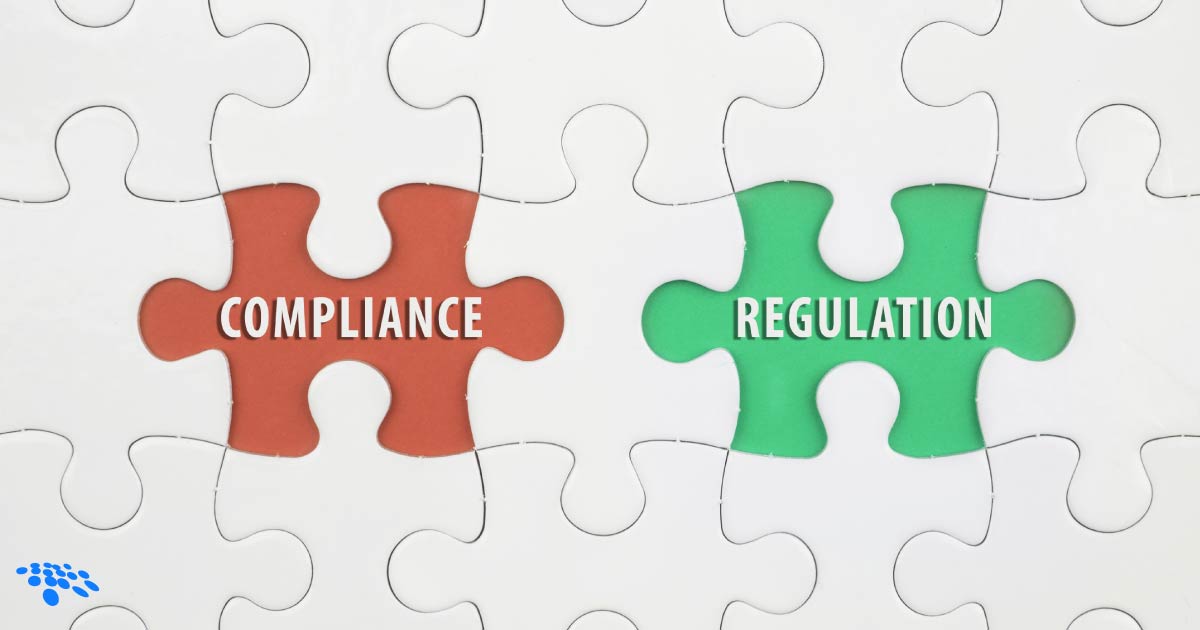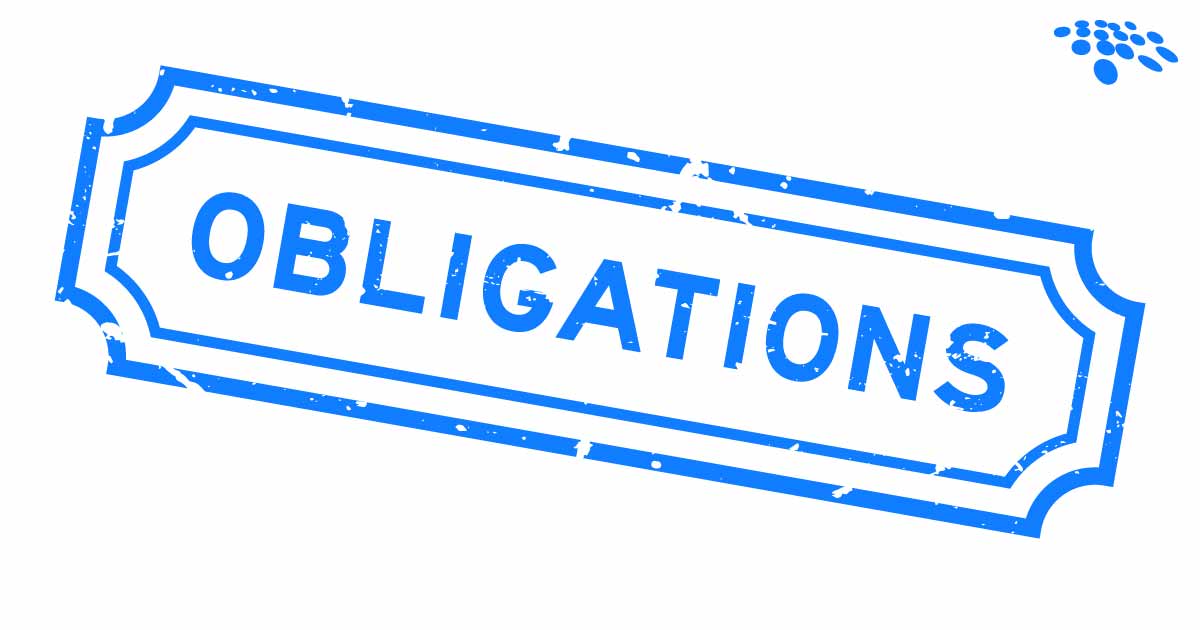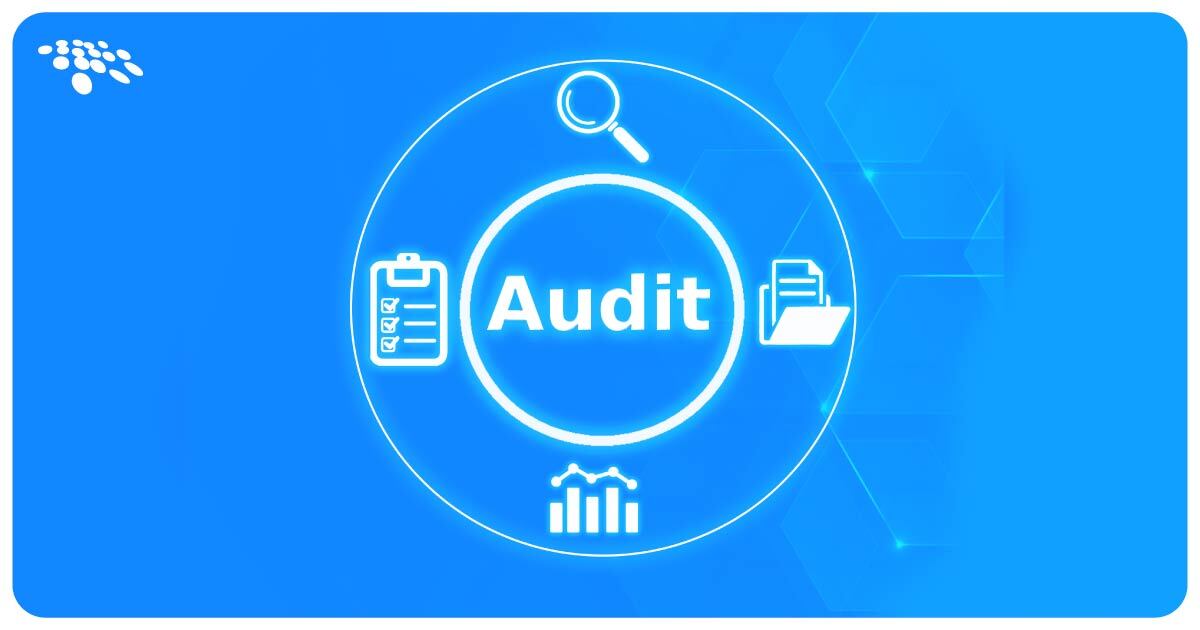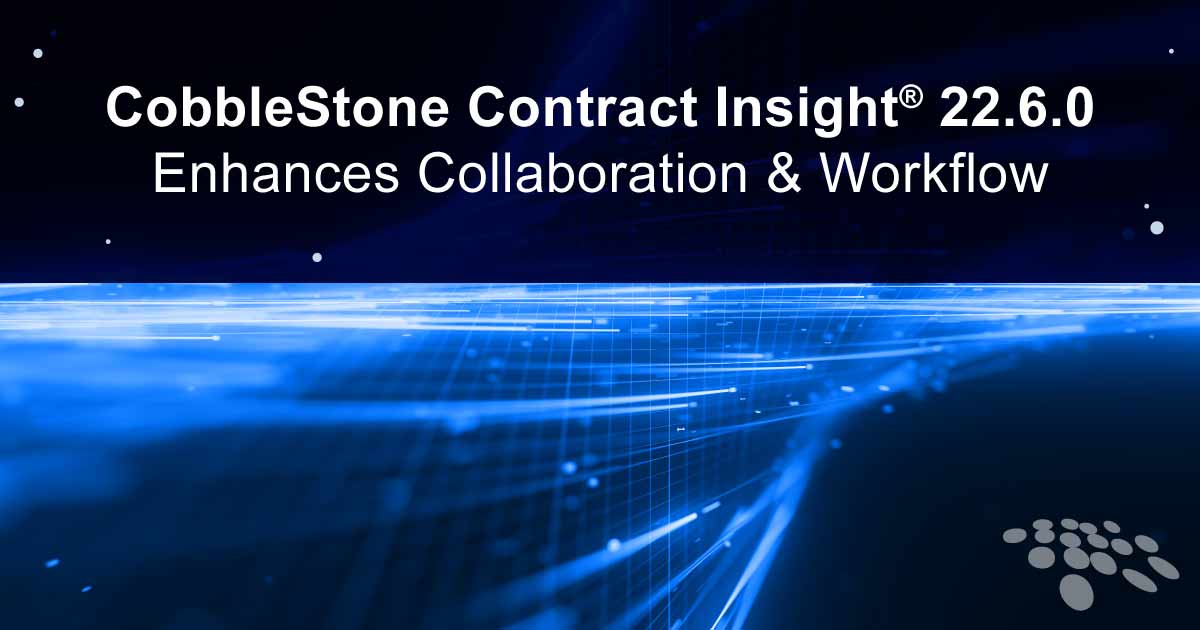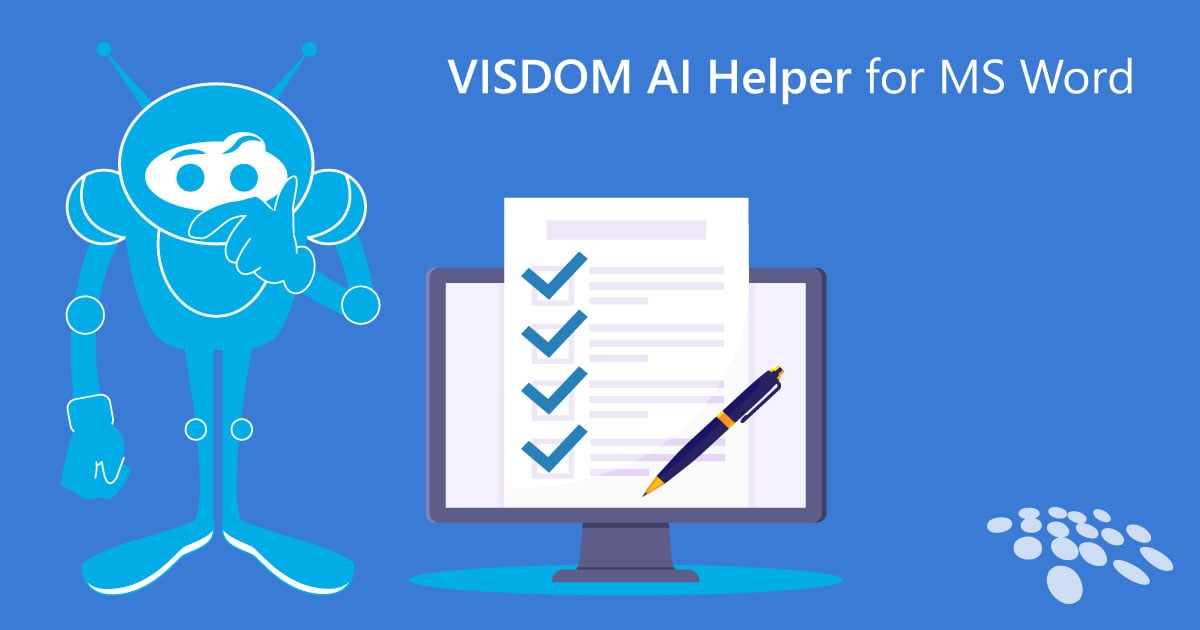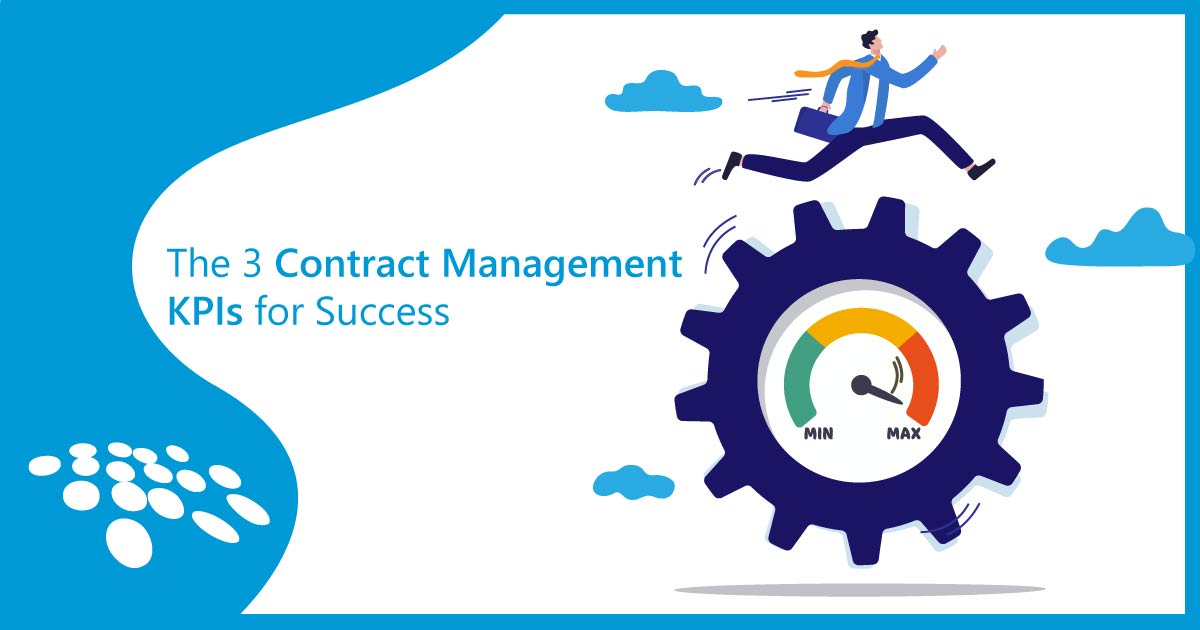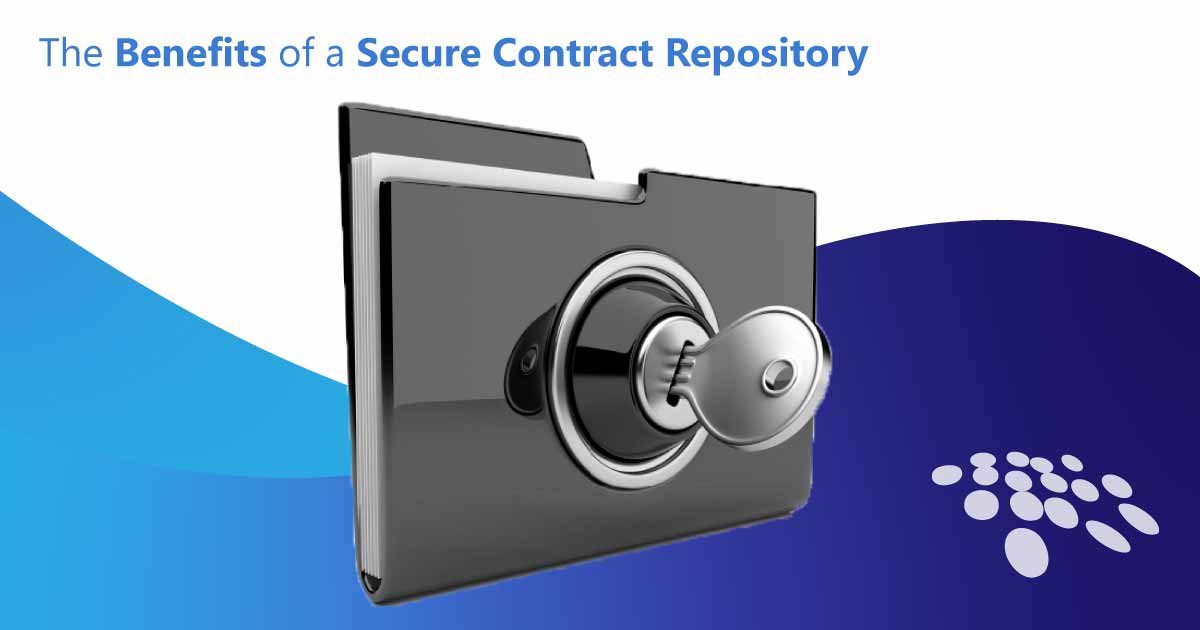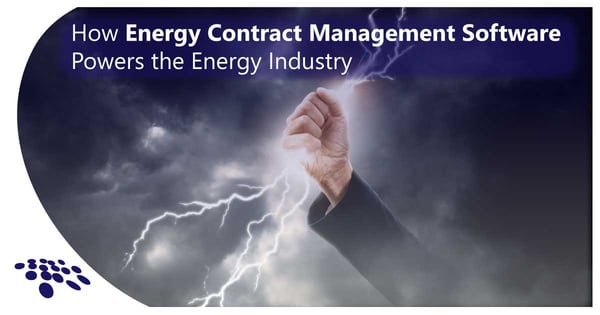
Energy-sector operations are multifaceted, highly regulated, and carry risk potential. Energy contract management software is increasingly helpful in the sector due to the industry's project complexity, compliance demands, and the high value of contracts. Let's discuss how contract lifecycle management for the energy industry can positively electrify the sector.
Energy Contract Management Software
Energy contract management software can automate and centralize contract management and procurement processes for industry leaders in energy, oil, gas, and more. Energy contract management software proves to be a unified solution for energy-sector operations such as:
- regulatory compliance.
- risk management.
- supply chain management.
- contract standardization.
- cost savings.
#1 - Easily Manage Regulatory Compliance
In energy contract management, regulatory compliance is a critical area in which CLM software proves invaluable. The industry operates under many regulations that govern everything from environmental impact and safety standards to financial reporting and trade practices. CLM software helps energy companies navigate these compliance landscapes by allowing for compliance checklists and relevant task automation. Additionally, regulatory changes can be quickly added to contracts to keep them up-to-date and get them approved and executed quickly. Furthermore, CLM software provides detailed audit trails, numbered version tracking, and documentation - which are essential during regulatory inspections or legal proceedings.
By centralizing contract management, CLM software allows energy companies to easily monitor and enforce compliance with environmental, safety, and financial regulations, thereby minimizing the risk of penalties, legal disputes, and reputational damage.
#2 - Maintain Proper Risk Management
Risk management is a fundamental concern in the energy sector, where contracts often involve substantial financial commitments, long-term obligations, subcontractors, and complex project specifications. Energy contract management software plays a crucial role in mitigating these risks by providing tools that allow energy companies to track and manage their contractual obligations with precision. Through automated workflows and task alerts, contract lifecycle management for the energy industry helps mitigate potential risks such as missed deadlines, non-compliance with regulatory requirements, or breaches of contract terms before they escalate into serious issues.
Additionally, energy contract management professionals can leverage a visually engaging risk assessment matrix to plot risk and risk variables and analyze how well risk tools are being utilized. CLM software facilitates better risk assessment during contract negotiations by providing insights into contract performance and historical data. This proactive approach to risk management helps energy companies avoid costly disputes, maintain strong relationships with partners and suppliers, and protect their financial and operational stability.
#3 - Centralize Supply Chain Management
Supply chain management in the energy sector is highly complex, involving numerous vendors, suppliers, service providers, and logistical challenges. Energy contract management software is essential for effectively managing these intricate supply chains.
By centralizing all contracts in a secure and searchable contract repository, CLM software virtually ensures that every aspect of the supply chain is aligned with the terms and conditions outlined in agreements - which can be easily searched in seconds. It facilitates real-time tracking of contract obligations, basically ensuring that vendors meet delivery schedules, quality standards, and other critical requirements. Contract lifecycle management in the energy industry also enhances collaboration and communication across the supply chain by providing a single platform where all stakeholders with set permissions can access relevant contract information. This centralization reduces the likelihood of disputes, improves efficiency, and helps energy companies maintain smooth and reliable supply chain operations. Moreover, the software's ability to analyze contract performance enables energy companies to optimize their procurement strategies, negotiate better terms, eliminate business relations with low-performing vendors, and reduce overall supply chain risks.
#4 - Hone in on Contract Standardization
Contract standardization becomes particularly critical in the energy sector, where mergers and acquisitions (M&A) are frequent and often involve complex, high-value contracts. Energy contract management software plays a key role in this process by enabling the drafting and maintenance of standardized contract templates tailored specifically to the energy industry's unique needs. These templates and clauses - located within an approved library - incorporate industry-specific terms, regulatory requirements, and risk mitigation clauses essential in contracts related to resource extraction, energy production, and infrastructure development.
During M&A activities, standardized contracts streamline the process by virtually ensuring that all agreements are consistent and adhere to industry best practices. This standardization reduces the time and effort required to assess the contractual obligations, liabilities, terms, and risks associated with the acquired entities. Energy contract management software facilitates the rapid integration of contracts from the acquired company into the acquiring company's system, essentially ensuring that all agreements align with the standardized templates and are compliant with regulatory and internal policies. This process can be further improved and standardized with auto-redlining functionality supported by AI.
#5 - Enjoy Cost Savings
Implementing contract lifecycle management for the energy sector, a space where contracts often involve large-scale, high-value projects with extensive operational and financial implications, can significantly benefit cost savings. CLM software helps energy companies achieve cost savings by automating and streamlining the contract management process, reducing the time and resources needed to create, negotiate, and execute contracts. This automation reduces the need for manual data entry, reduces administrative overhead, and minimizes the risk of errors that could lead to costly disputes or contract breaches.
In an industry where every minute counts, energy contract management software also accelerates contract approval cycles, allowing projects to move forward more quickly and reducing the time-to-market for energy initiatives. This efficiency not only lowers operational costs but also maximizes revenue potential by enabling companies to capitalize on market opportunities faster.
Don't waste any more "energy" on an antiquated energy contract management process. Book a free demo with a CobbleStone Contract Insight expert to see industry-leading energy contract management software tools in action.
To stay up to date on best practices, industry news, and CobbleStone Software updates, be sure to subscribe to our blog and YouTube Channel.
*Legal Disclaimer: This article is not legal advice. The content of this article is for general informational and educational purposes only. The information on this website may not present the most up-to-date legal information. Readers should contact their attorney for legal advice regarding any particular legal matter.
This article was originally published on August 5, 2022. It was updated on August 26, 2024.













